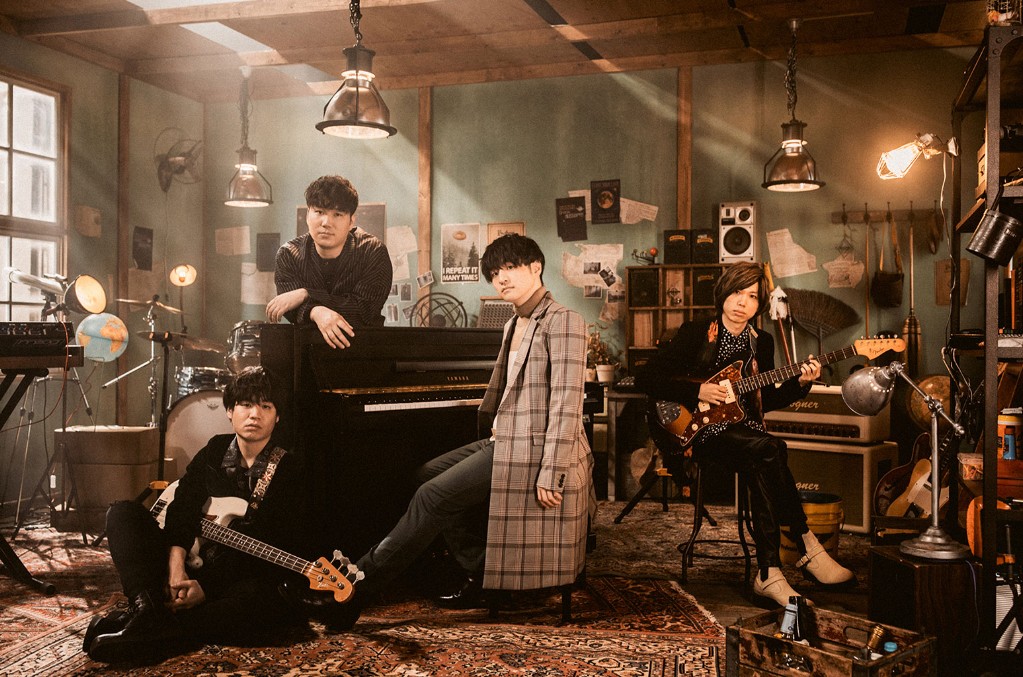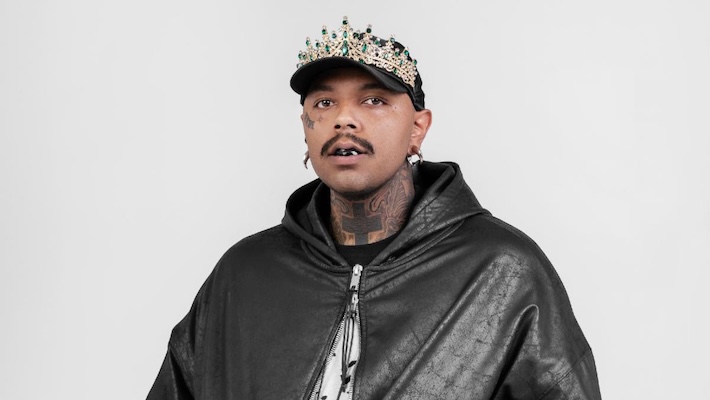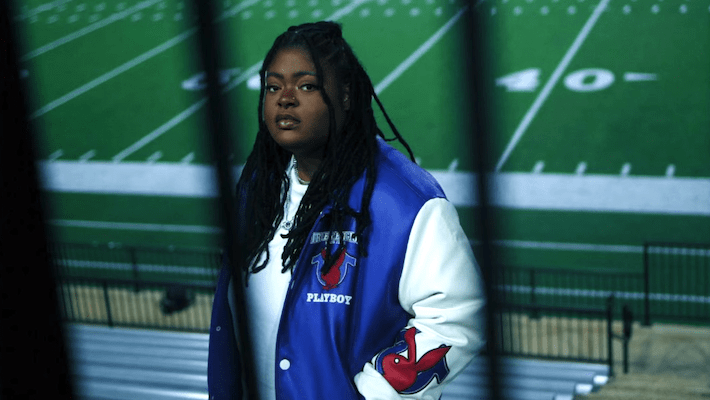Official HIGE DANdism dominated the Billboard Japan 2020 mid-year charts, with their mega-hit song “Pretender” ruling the Japan Hot 100 and the band leading the artist ranking, both a first milestone for the breakout pop-rockers.
Official HIGE DANdism, often referred to as HIGE DAN, formed in 2012 and made their major-label debut in April 2018. “Pretender” dropped in May 2019 and topped the streaming chart for the first time on June 3 of that year.
The piano-pop band continued to build a strong following, performing in numerous music festivals for the rest of the year and landing their first appearance in the historic year-end Kohaku Utagassen music program. As of May 2020, “Pretender” has been streamed over 300 million times in Japan.
While “Pretender” is currently their biggest hit, the band also has many other hit songs under their belt, with nine tracks on the mid-year Japan Hot 100 and three projects on the Hot Albums tally, demonstrating that since the end of 2019, they have joined the ranks of today’s biggest hitmakers in J-pop.
To mark the occasion, Billboard Japan interviewed the band over e-mail, and the four members — piano-playing frontman Satoshi Fujihara, guitarist Daisuke Ozasa, bassist/saxophone player Makoto Narazaki, and drummer/percussionist Masaki Matsuura — shared their thoughts on their ubiquitous hit, what they are doing during the coronavirus social distancing, how they would like to spend the rest of 2020 and more.
Congratulations on four of your songs, including “Pretender” and “I LOVE…,” charting on Billboard Japan’s mid-year rankings, and the band leading the artist ranking.
Satoshi Fujihara: We’re filled with gratitude that so many people are listening to our music. Thank you so very much.
“Pretender” was the top song on the Japan Hot 100 mid-year chart. How do you feel about the song becoming such a long-lasting hit?
Fujihara: Of course, we don’t consider “Pretender” as the only special track among our catalog, but we’re happy that a song fortunate enough to receive so much love was born during our career as a band.
The band’s performance of “Pretender” on Kohaku Utagassen on New Year’s Eve last year extended its longevity well into this year, but your next single, “I LOVE…,” also reached 100 million streams at a record pace. With so many hits under your belt, is there anything you try to be aware of to write songs that become hits?
Fujihara: We try to write songs that we wish would exist in this world, without compromising.
The coronavirus pandemic is impacting the music business in a major way, with concerts being cancelled or postponed, among other things. Do you feel any different about making music now that our daily lives have changed greatly?
Fujihara: It really struck home how much sharing live music with our fans in concert meant to me. Still, I’m really glad we live in an age where we’re able to deliver our performances via Instagram Live and such. Although there’s a screen between us, being able to share our live performances with fans is lifesaving.
How have you been spending your time while social distancing? Did you encounter any new music, discover new ways to enjoy music?
Fujihara: I’ve been able to sit in front of a computer for chunks of time, so I’ve been having fun trying out new-to-me software and effects to see how they sound.
Daisuke Ozasa: I have more time now to think about sound-making, like recording my guitar using a mic and trying out various effects on my computer.
Makoto Narazaki: I made playlists that matched my daily activities while cooking and taking baths.
Masaki Matsuura: I fiddled around with samplers and my computer and bought some equipment that I realized I could use at home, so for me, it was prep time for our future work.
How would you like to spend the rest of 2020?
Fujihara: I’d like to continue working on new songs. Also, although we’re still being required to refrain from doing many things on a day-to-day basis, I really hope we’ll be able to perform in concert without any worries as soon as possible.
Ozasa: I’ve been loving practicing guitar so much that my goal now is to hone my skill to the point where I can perform in concert by myself. I’m looking forward to seeing how we’ve all improved ourselves in some way when we’re able to play together again.
Narazaki: I’ve recently been expanding on some musical aptitudes that I didn’t know I had, like practicing accompanying myself on guitar while singing and upping my saxophone practice. This is something I’d like to continue working on.
Matsuura: I’d like to continue pursuing interesting things in terms of our band and music in general, and once we’re able to perform live again, I look forward to giving it everything I’ve got.



